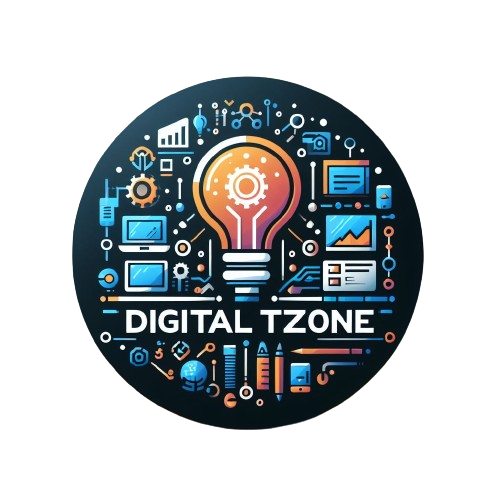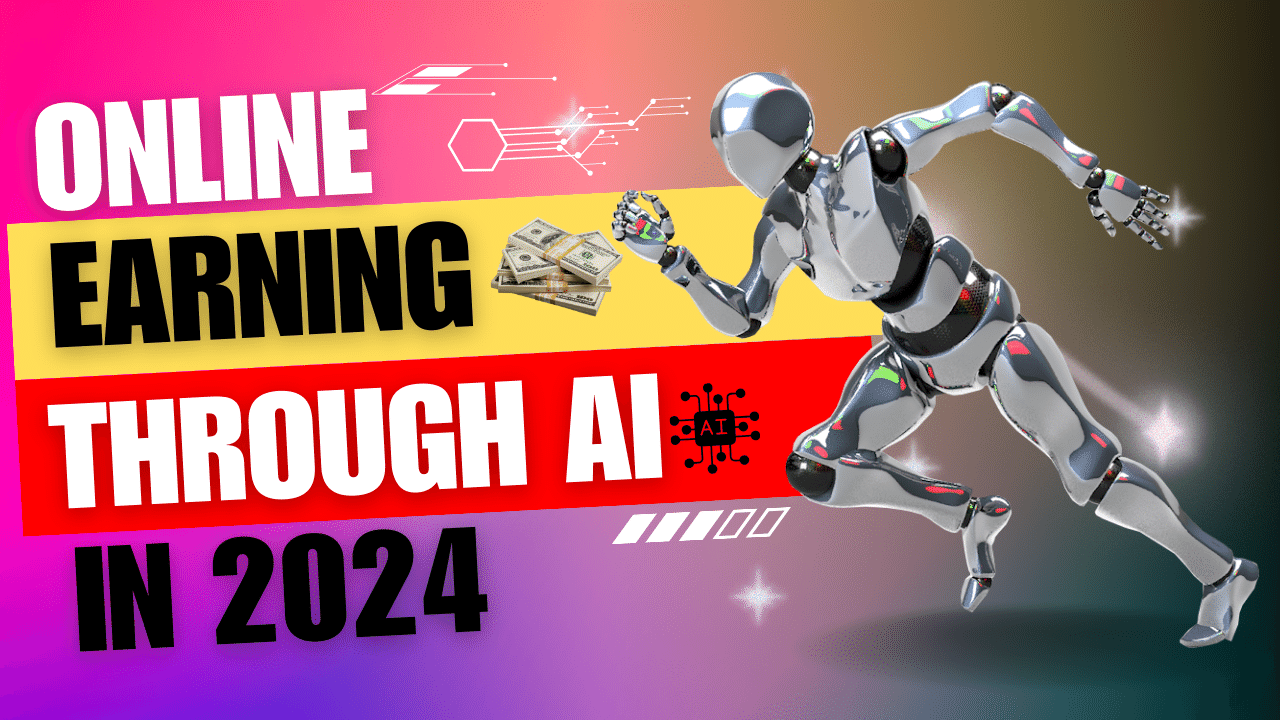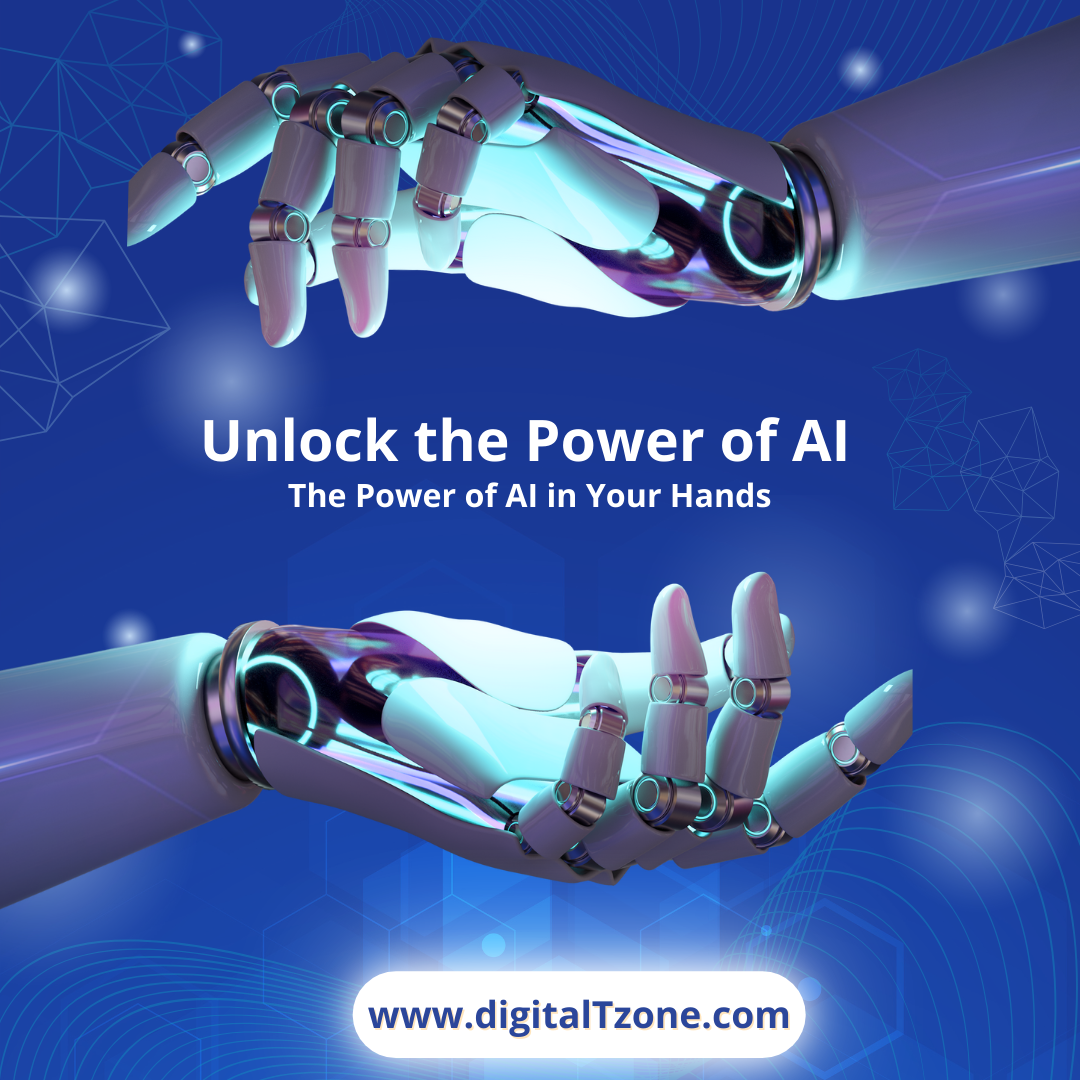Another area where AI is expected to revolutionize online earning is in the field of digital marketing. AI-powered algorithms can analyze vast amounts of data to identify trends and patterns, allowing marketers to optimize their campaigns and target the right audience. For example, AI can help businesses identify the most effective keywords to target in their search engine optimization (SEO) efforts or recommend the best times to post on social media platforms for maximum engagement. By leveraging AI, businesses can improve their marketing strategies and achieve higher conversion rates, ultimately leading to increased revenue.
Furthermore, AI is also expected to have a significant impact on the gig economy. With the rise of platforms like Uber, Airbnb, and Upwork, more and more people are turning to freelancing and gig work as a way to earn money online. AI-powered platforms can match freelancers with relevant job opportunities based on their skills and experience, making it easier for individuals to find work that aligns with their expertise. Additionally, AI can help freelancers optimize their pricing and bidding strategies, ensuring that they are competitive in the market and able to secure high-paying gigs.
In addition to these areas, AI is also expected to play a crucial role in the development of new online earning opportunities. As technology continues to advance, new avenues for making money online are constantly emerging. For example, AI-powered virtual reality (VR) and augmented reality (AR) platforms are already being used to create immersive online experiences, opening up new possibilities for businesses and individuals to monetize their skills and creativity. Whether it’s through virtual events, online courses, or virtual marketplaces, AI is set to revolutionize the way people earn money online.
In conclusion, the rise of AI in online earning is inevitable. From e-commerce and digital marketing to the gig economy and the development of new online earning opportunities, AI is expected to have a profound impact on the way people make money online. As we look ahead to 2024, it is clear that AI will continue to shape the future of online earning, creating new possibilities and opening up new avenues for individuals and businesses alike.
1. AI-powered Freelancing Platforms
Freelancing has become a popular choice for many individuals seeking flexible work arrangements. In 2024, AI is expected to revolutionize the freelancing industry by introducing intelligent platforms that match freelancers with suitable projects and clients. These AI-powered platforms will utilize advanced algorithms to analyze the skills, experience, and preferences of freelancers, as well as the requirements of the projects, to ensure optimal matches.
AI will also enable freelancers to automate repetitive tasks, such as proposal writing and invoicing, allowing them to focus more on their core skills and deliver high-quality work. Additionally, AI-powered platforms can provide freelancers with valuable insights and recommendations to enhance their productivity and competitiveness in the market.
One key advantage of AI-powered freelancing platforms is their ability to provide freelancers with a personalized and tailored experience. Through machine learning algorithms, these platforms can learn from freelancers’ past projects, client feedback, and performance data to make intelligent recommendations for future opportunities. For example, if a freelancer has consistently received positive feedback for their graphic design work, the platform can suggest similar projects that align with their expertise.
Furthermore, AI-powered platforms can also assist freelancers in setting competitive pricing for their services. By analyzing market trends, competitor rates, and the freelancer’s own experience and skills, the platform can provide recommendations on pricing that maximize the freelancer’s earning potential while remaining competitive in the market. This eliminates the need for freelancers to spend time researching and negotiating rates, allowing them to focus on their work.
Another area where AI can greatly benefit freelancers is in project management. AI-powered platforms can automatically generate project timelines, set reminders for deadlines, and even suggest task prioritization based on the freelancer’s workload and availability. This not only helps freelancers stay organized and meet project milestones, but it also ensures efficient collaboration with clients and other team members.
Moreover, AI can contribute to the growth and development of freelancers’ skills. By analyzing the freelancer’s past work, the platform can identify areas for improvement and suggest relevant training resources or courses. This continuous learning approach helps freelancers stay up-to-date with the latest industry trends and technologies, enhancing their expertise and marketability.
In conclusion, AI-powered freelancing platforms have the potential to transform the way freelancers find work, manage projects, and enhance their skills. With advanced algorithms and machine learning capabilities, these platforms can provide personalized recommendations, automate repetitive tasks, assist in pricing strategies, streamline project management, and facilitate continuous learning. As the freelancing industry continues to grow, AI will play a crucial role in empowering freelancers and enabling them to thrive in a competitive market.
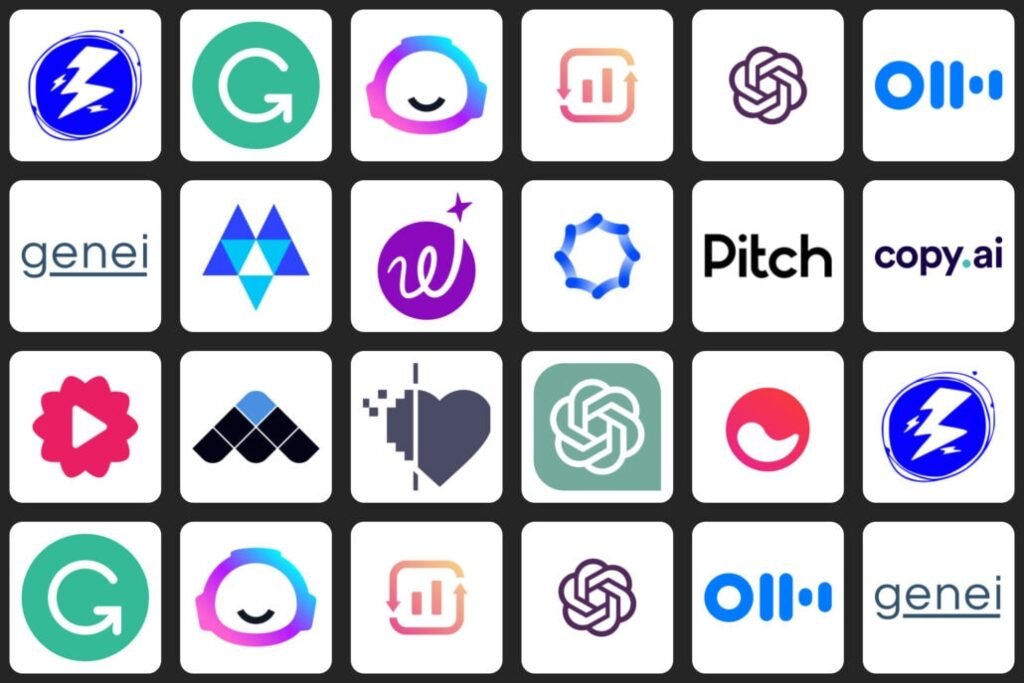
- Grammarly: Grammarly – An AI-powered writing assistant that helps users improve their grammar, punctuation, style, and tone in their writing across various platforms and applications.
- Slidesgo: Slidesgo – Offers a variety of free PowerPoint templates and Google Slides themes for creating professional presentations.
- Beautiful.AI: Beautiful.AI – AI-powered presentation software that automatically designs slides for you based on your content.
- Zoho Show: Zoho Show – Online presentation tool with AI-powered features for creating, collaborating, and delivering presentations.
- Emaze: Emaze – AI-driven presentation software with templates and tools for creating interactive and visually appealing presentations.
2. AI-driven Content Creation
Content creation is another area where AI is expected to have a profound impact in 2024. AI-powered tools and software can already generate written content, such as news articles and product descriptions, with remarkable accuracy. As AI continues to evolve, it is likely to become even more proficient in creating engaging and persuasive content.
However, it is important to note that AI will not replace human content creators entirely. Instead, it will augment their capabilities by providing them with data-driven insights, topic suggestions, and grammar checks. Content creators can leverage AI to streamline their research process, identify trending topics, and optimize their content for search engines, ultimately leading to higher online visibility and increased earning potential.
One of the key advantages of AI-driven content creation is its ability to analyze vast amounts of data and generate insights that can inform content strategies. AI algorithms can sift through massive datasets, including social media trends, search engine queries, and user behavior patterns, to identify topics that are currently in demand. This allows content creators to stay ahead of the curve and produce content that resonates with their target audience.
Moreover, AI can assist content creators in optimizing their content for search engines. By analyzing search engine algorithms and user search patterns, AI-powered tools can suggest relevant keywords, meta tags, and content structures that can improve the visibility of the content in search engine results pages. This not only helps content creators attract more organic traffic but also enhances the overall user experience by providing them with valuable and relevant information.
Another area where AI can enhance content creation is in the editing and proofreading process. AI-powered grammar and style checkers can analyze written content for errors, inconsistencies, and readability issues. This can save content creators valuable time by automating the tedious task of proofreading, allowing them to focus on more creative aspects of content creation.
While AI-driven content creation offers numerous benefits, it is important for content creators to strike a balance between automation and human touch. While AI can generate content based on data and algorithms, it lacks the creativity, intuition, and emotional intelligence that humans possess. Therefore, content creators should use AI as a tool to enhance their work rather than relying solely on it.
In conclusion, AI-driven content creation is set to revolutionize the way content is produced in 2024. With its ability to analyze data, optimize for search engines, and assist in editing and proofreading, AI can empower content creators to produce high-quality, engaging, and relevant content that resonates with their target audience. By embracing AI technology, content creators can stay ahead of the competition and maximize their earning potential in the digital landscape.

Personalization and recommendation systems have become integral parts of online earning platforms, such as e-commerce websites and streaming services. In 2024, AI will further enhance these systems by leveraging advanced machine learning techniques to deliver highly personalized experiences to users.
AI algorithms will analyze user behavior, preferences, and past interactions to predict their future needs and interests. This will enable online platforms to offer tailored product recommendations, targeted advertisements, and customized user interfaces. By providing users with personalized experiences, online earning platforms can increase user engagement, conversion rates, and ultimately, revenue.
One of the key advancements in AI-driven personalization and recommendation systems will be the ability to understand and adapt to individual user preferences in real-time. Currently, most recommendation systems rely on historical data and predefined user profiles to make recommendations. However, in 2024, AI algorithms will be able to analyze user behavior in real-time, taking into account factors such as browsing history, purchase history, and even social media activity.
For example, imagine a user browsing an e-commerce website looking for a new pair of running shoes. The AI-driven recommendation system will not only consider the user’s past purchases and preferences but also analyze their current browsing behavior. If the user has recently been searching for information about marathon training, the system might prioritize recommending high-performance running shoes suitable for long-distance running. On the other hand, if the user has been browsing casual sneakers, the system might suggest more fashionable options.
Furthermore, AI-driven personalization systems will also be able to adapt to changes in user preferences over time. For instance, if a user’s browsing behavior suddenly shifts from fitness-related products to home decor, the recommendation system will quickly adjust its suggestions accordingly. This level of real-time personalization will not only improve the user experience but also increase the chances of conversion and customer satisfaction.
Another aspect of AI-driven personalization and recommendation systems is their ability to understand implicit user preferences. While explicit user preferences can be gathered through surveys or feedback forms, implicit preferences are inferred from user behavior. AI algorithms can analyze patterns in user interactions, such as click-through rates, time spent on a page, or even mouse movements, to understand what users are truly interested in.
For example, if a user consistently spends more time on product pages related to outdoor activities, even if they have not made a purchase in that category, the AI algorithm can infer that the user has an interest in outdoor gear. Based on this implicit preference, the recommendation system can then suggest relevant products, such as camping equipment or hiking gear, even before the user explicitly expresses their interest.
Overall, AI-driven personalization and recommendation systems will revolutionize the way online earning platforms engage with their users. By leveraging advanced machine learning techniques, these systems will deliver highly tailored experiences, resulting in increased user satisfaction, conversion rates, and ultimately, revenue.
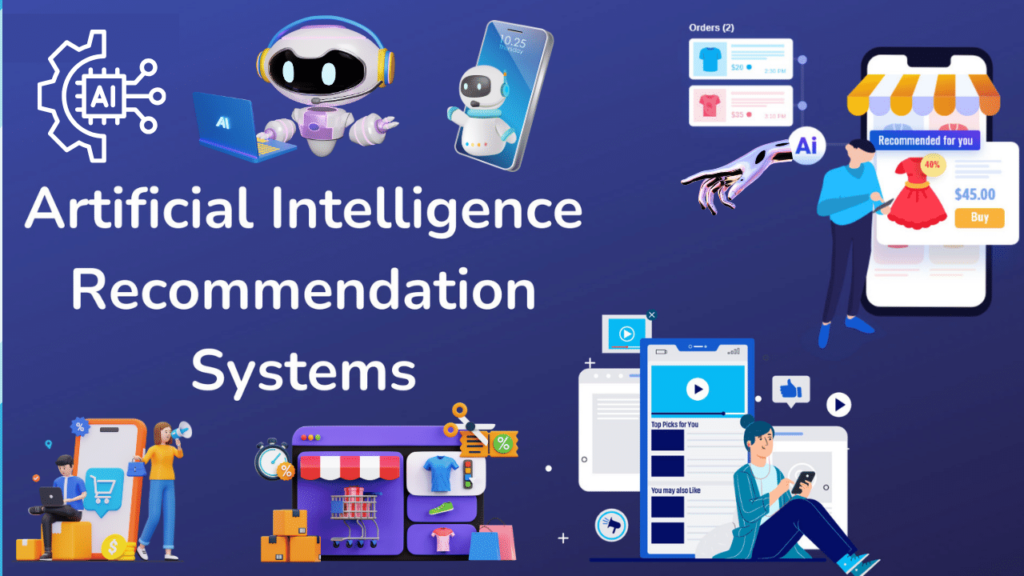
Conclusion :
In conclusion, the incorporation of artificial intelligence (AI) has revolutionized online income generation and provided never-before-seen chances for people to make money off of their talents. The impact of AI is enormous, ranging from chatbots driven by AI that are transforming customer service to AI algorithms that optimize digital marketing and freelancer platforms. Success in navigating the digital landscape of 2024 and beyond will depend on our ability to embrace AI technologies. People may increase productivity, optimize workflows, and seize new opportunities by utilizing AI tools and tactics. Let’s confidently navigate this AI-driven future, maximizing our earning potential and remaining ahead of the curve in the ever-evolving world of online earning, as we embrace innovation and flexibility.
FAQs About “The Rise of AI in Online Earning: A Look into 2024”
- How does AI contribute to online earning in 2024?
- What are some examples of AI-driven platforms for online earning?
- How can individuals leverage AI for online earning opportunities?
- What challenges might arise in AI-based online earning?
- How can businesses prepare for the integration of AI in online earning?
- What are the key trends shaping the future of AI in online earning?
- How does AI impact different sectors of online earning, such as freelancing, e-commerce, and trading?
- What role does data analytics play in maximizing AI-driven online earning potential?
- How can businesses ensure ethical AI usage in their online earning strategies?
- Are there any regulatory considerations businesses need to be aware of regarding AI in online earning?
- How can businesses measure the effectiveness of AI in their online earning endeavors?
- What are some future projections for the evolution of AI in online earning beyond 2024?
- How can individuals and businesses stay updated on the latest developments and advancements in AI for online earning?
